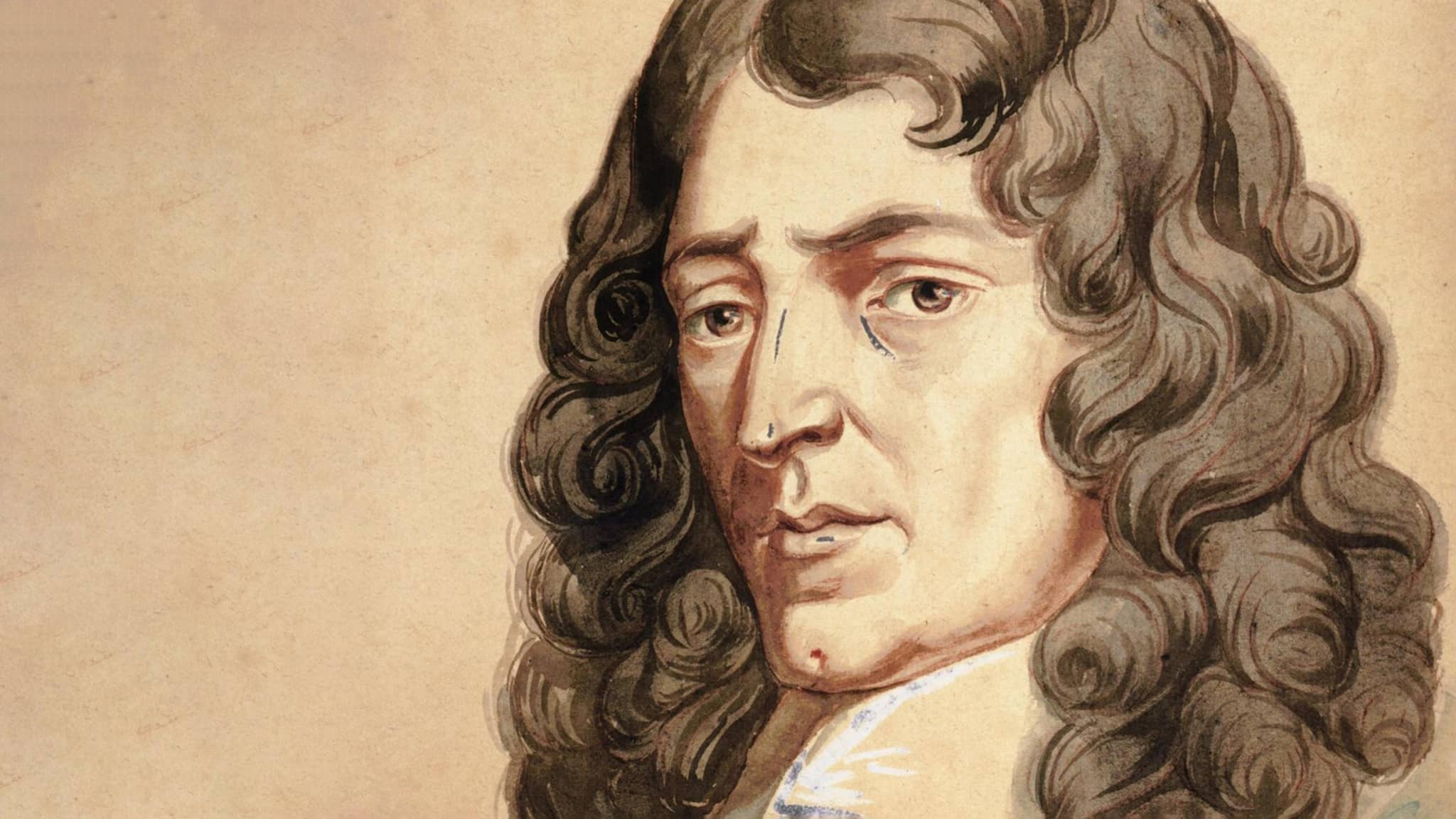Albums
About
Marc-Antoine Charpentier

Marc-Antoine Charpentier was born in Paris, but studied in Rome, where he spent three (some sources claim five) years under the iron rod of Giacomo Carissimi. On his return to Paris, he inevitably lived in the shadow of the ambitious and overbearing Lully, and it was only when the latter severed his links with Molière that Carpentiere was able to begin a collaboration with Molière's company that was launched with the comédie-ballet, Le malade imaginaire, in 1673, and that was to continue long after the dramatist's death. By contrast, his setting of Thomas Corneille's Médée divided opinion when staged at the opera in 1693.
Although Carpentier wrote divertissements, secular cantatas, instrumental works and airs de cour, he is chiefly remembered for his sacred music, on the strength of which he is rightly regarded as the greatest French musician on the 17th century. He held a succession of sacred appointments as maitre de musique to the Collège de Clermont, to the Jesuits' principal church in Paris, St Louis, and, from 1698, to the Sainte-Chapelle, and it was for these institutions that he wrote the majority of his many religious works, including 11 masses, 54 lessons and responsories for Tenebrae, 37 antiphons, 84 psalm settings, 207 motets and 4 Te Deum settings, on the second of which his fame for a long time depended. He died in Paris at the age of 61.






